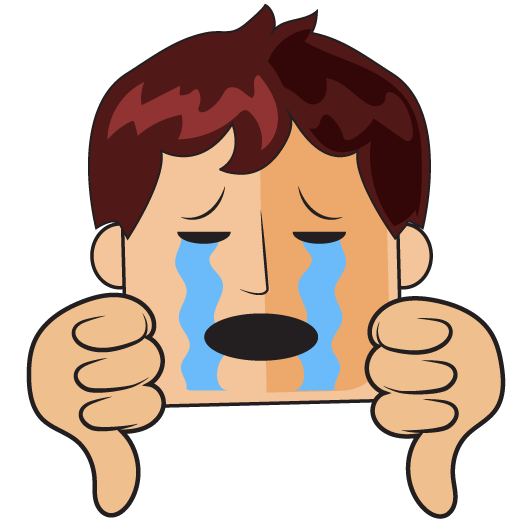Being a student is sometimes hard. Too much homework, social life and travelling long distances sometimes make students have an unhealthy life.
Think of yourself: how often do you have a proper breakfast? Do you drink enough water? How often do you eat just to stop being hungry and you don’t care how nutritious your food is?
Bad habits have negative consequences, and the more frequent the bad habit is, the worst consequence it has. This is a conversation between a doctor and a typical CCH student. The doctor is asking questions about the student’s habits and their frequency.
Read the conversation and complete it.
When you complete this final activity, it’s time to have a self-evaluation. That evaluation helps you know which topics you have to review again and which topics you know very well. Read the following questions and answer them according to your own performance.



I can ask easily for the frequency someone does a daily activity.
Congratulations!
You can do it! Try to check this section: Frequency adverbs
You can do it! Try to check this section: Frequency adverbs
I can understand incredibly well expressions to talk about the frequency someone else or I do an activity.
Well done!
You can do it! Try to check this section: How often & Meet Kenji and Yasu.
You can do it! Try to check this section: How often & Meet Kenji and Yasu.
I can use effortlessly expressions to talk about the frequency an action is done.
Great job!
You can do it! Try to check this section: Activities and Frequency
You can do it! Try to check this section: Activities and Frequency
I can interpret efficiently schedules and calendars that talk about the frequency of an action.
Excellent!
You can do it! Try to check this section: How often do you…?
You can do it! Try to check this section: How often do you…?


